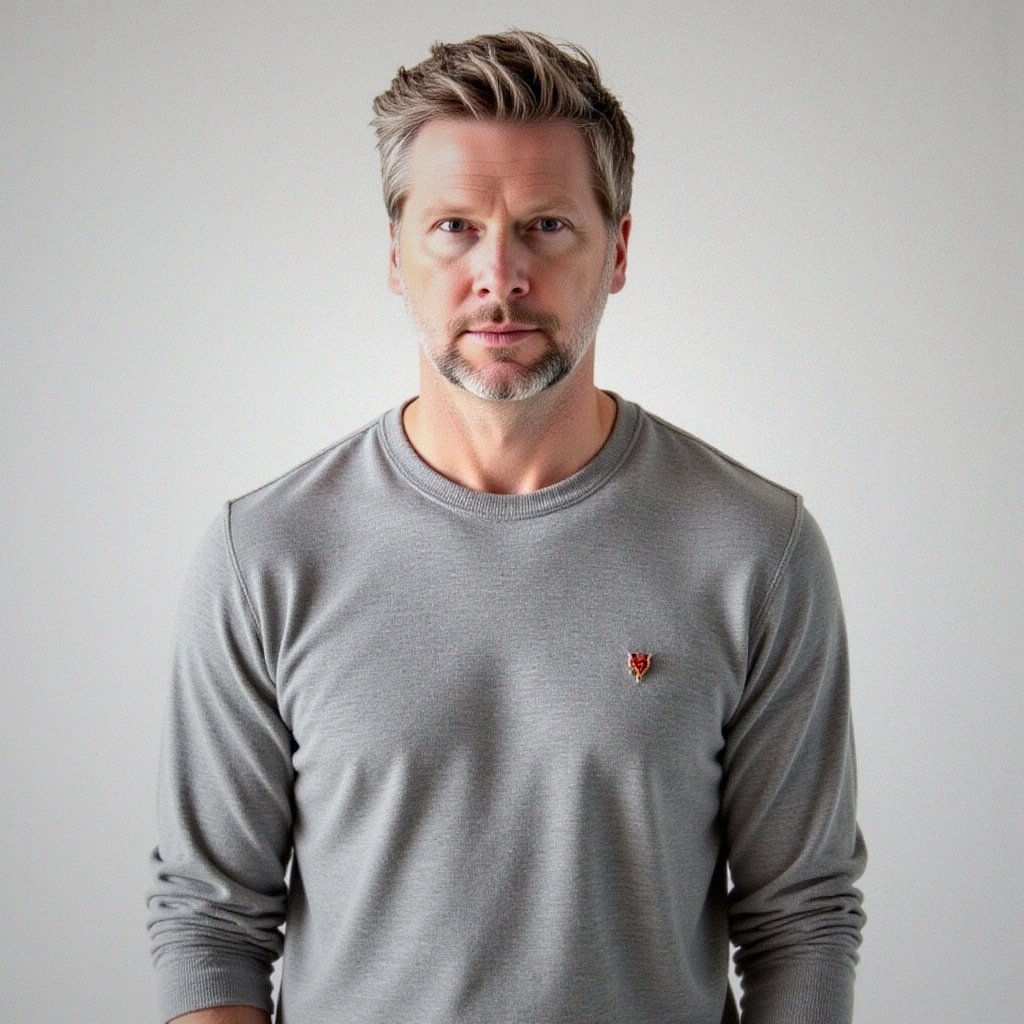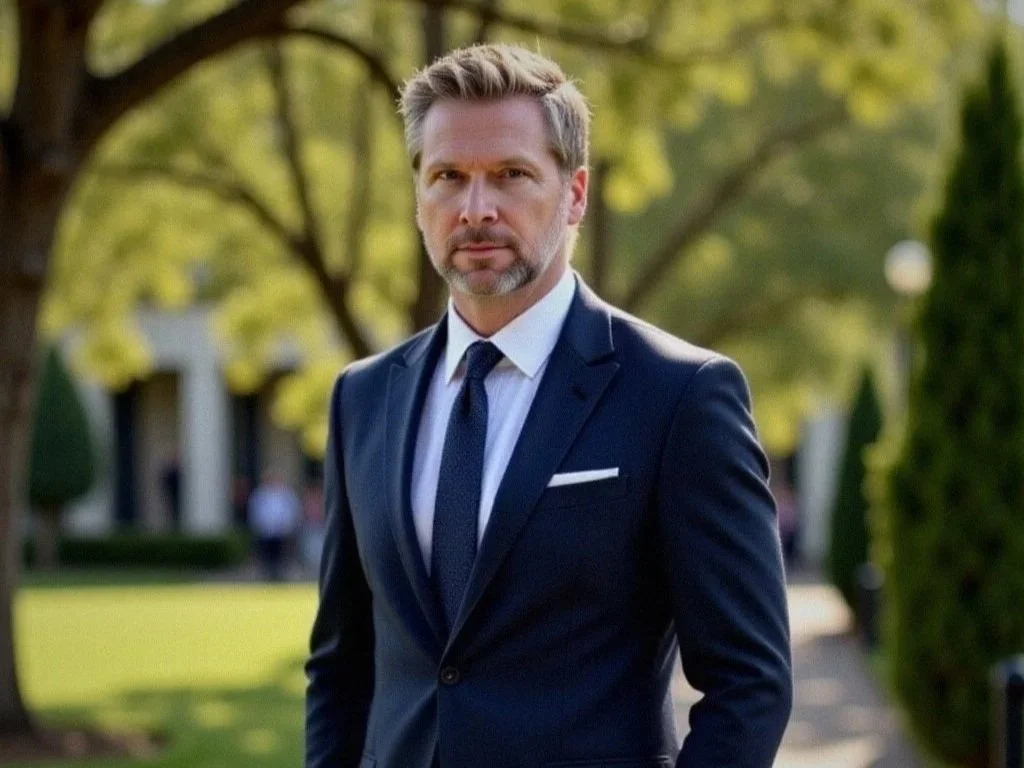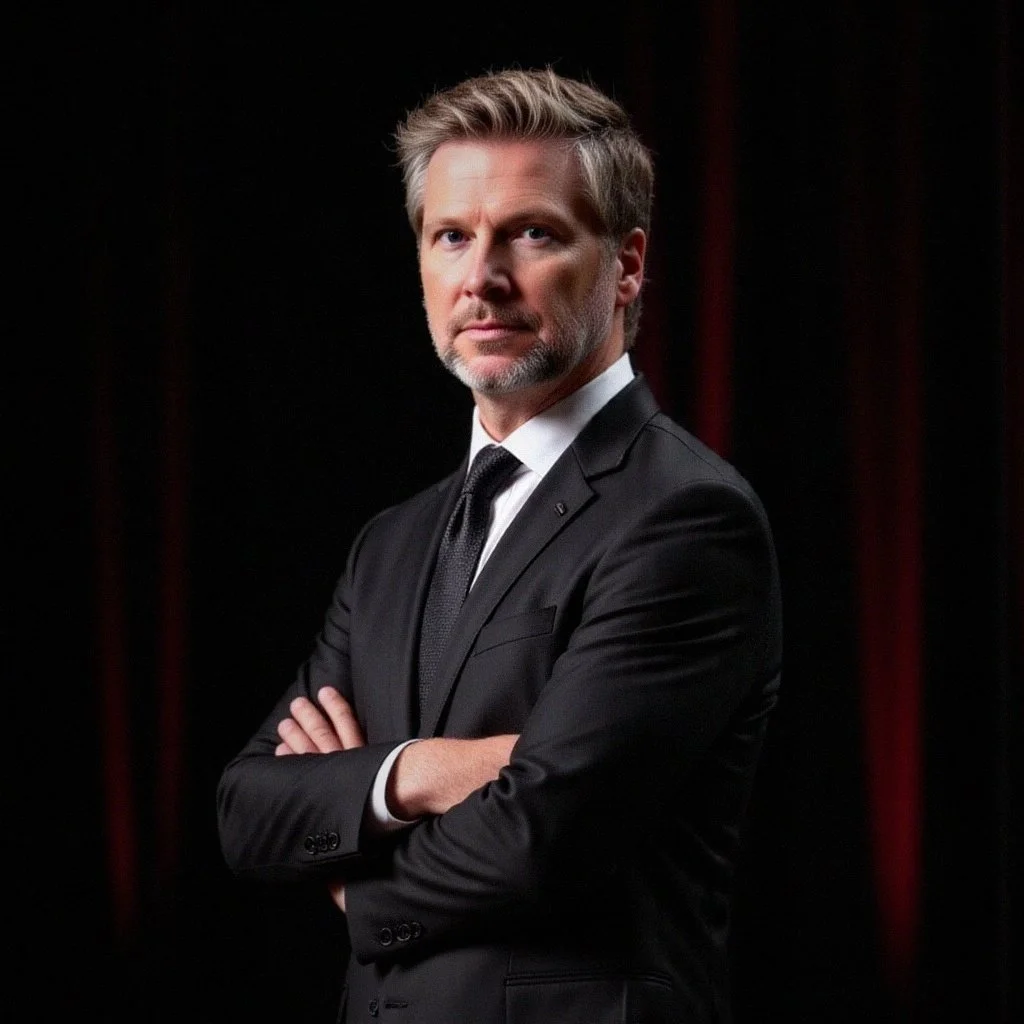Don Scott Carpenter is a distinguished conductor, composer, and organist whose career bridges the worlds of choral, orchestral, and sacred music. Based in San Francisco, he is recognized for his dynamic leadership, imaginative programming, and commitment to artistic excellence that honors both tradition and innovation. He serves as the Founding Music Director of the Zephyr Symphony and Vox Humana SF, and is widely regarded as a national leader in the field of sacred and concert music.
Carpenter’s conducting is marked by technical precision and expressive immediacy. His repertoire spans the Renaissance to the present day, with a particular affinity for large-scale choral-orchestral masterworks. His programs often illuminate timeless themes by pairing historic works with compelling contemporary voices. Recent projects include performances and recordings of Beethoven’s Symphony No. 5 and Schubert’s Mass in E-flat, which exemplify his ability to balance structural clarity with emotional depth while cultivating a profound connection between performers and audience.
An accomplished organist, Carpenter served from 2013 to 2025 as Organist and Director of Music, Worship, and Arts at Lakeside Presbyterian Church in San Francisco, revitalizing its musical life through the reintroduction of chant, historic liturgy, and major choral-orchestral offerings. His work there reflected a deep belief in sacred music’s capacity to unite communities and enrich spiritual life. Earlier appointments include Cathedral Organist and Artist-in-Residence at the Cathedral Basilica of St. Francis of Assisi in Santa Fe, where he performed for Pontifical liturgies and the 2015 installation of the Archbishop of Santa Fe.
Beyond the church, Carpenter’s leadership has extended across major arts organizations. As General Director of the Santa Fe Desert Chorale, he oversaw a significant organizational transition, fostered collaborations with the Santa Fe Symphony and Opera, and produced acclaimed recordings such as Glorious Voices, Sacred Spaces, and Shalom. In Louisville, as Artistic and Executive Director of the Louisville Youth Choir, he established hallmark initiatives—including a Boys Choir program, an annual Holiday Carols series, and international tours to Salzburg, Vienna, and Carnegie Hall—while championing artistic excellence and accessibility.
Throughout his career, Carpenter has been a catalyst for collaboration and community engagement, building bridges across traditions and institutions. Whether on the concert stage or at the organ console, he brings to his work a rare synthesis of artistry, intellect, and humanity.
Rooted in a belief that music transcends performance to become a shared human experience, Don Scott Carpenter continues to advance a vision of music as both an inheritance and a living force—resonant, inclusive, and profoundly alive.
“Some musical experiences mark us forever. Mine began in college, at a performance by the Louisville Orchestra under the baton of Lawrence Leighton Smith. The program featured Rachmaninoff’s Piano Concerto No. 2 with the great André Watts at the keyboard. By sheer chance, I found myself in the front row—so close I was nearly beneath the grand piano.
From the first solemn chords, the music took hold of me. Rachmaninoff’s sweeping phrases, so full of longing and grandeur, seemed to rise up from the floor itself. Watts was electrifying. His control, nuance, and sheer power were matched by the deep emotional resonance he drew from every measure. Being that close, I didn’t just hear the music—I felt it in my bones. I could see the flex of Watts’ hands, the subtle communication between him and the conductor, the breath before a new phrase began.
Lawrence Leighton Smith shaped the orchestra with extraordinary sensitivity, allowing the dialogue between soloist and ensemble to unfold with natural elegance. It was a masterclass in musical collaboration. That night, something shifted. I didn’t leave the concert hall merely inspired—I left transformed. For the first time, I understood the visceral power of live performance. Music was no longer an abstract pursuit; it was immediate, human, and essential. Sitting in that seat, under that piano, I knew with certainty: this is where I belong—this is what I want to do.”


